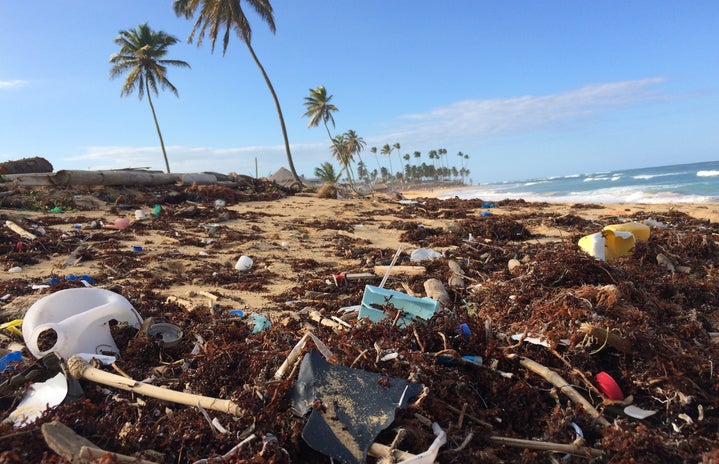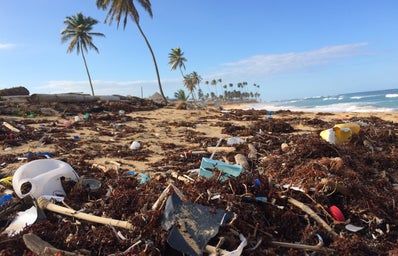A large part of my childhood was spent listening to stories about Purulia, a tiny district in West Bengal where my grandparents had migrated to Kolkata from. Encompassed by the dull quotidian humdrum of the urban, I yearned to escape to the pastoral, dream-like world of the village. I revelled in knowing more about the ‘historic’ parts of the district where our ancestral home lay. During the monsoon of 2019, my dream came true and I was able to visit Purulia. However, my fascination for the ‘historic’ was soon upturned into a nightmare. A local dengue outbreak had affected my great-grandmother severely. The primary care in the village was relegated to the same level as of the 1800s – a rather different form of ‘historic’ than I had imagined. The streets were in differing states of squalor and disarray with garbage strewn helter-skelter. Public dustbins were only available in places like train and police stations. However, to my growing disquiet, everyone seemed oblivious to the state of their surroundings. I even received a grandiose homecoming from my extended family. Perplexed by this state of affairs, I decided to talk to a few people and realised that it was not a matter of ignorance but of resignation. The village simply lacked the civic amenities and capital needed to manage its waste effectively.
On the way back, my head was a swirl of emotion, as I confronted my privilege for the first time, and resolved that I would be more of an active stakeholder. Now, back in Kolkata, a veil had seemingly lifted and I became keenly cognizant of the city’s appalling waste management situation. It dawned on me that access and socio-economic privilege were not the only drivers in this process. There was a lack of perception and motivation. Looking for solutions, I started with the microcosm which is my gated community. As I went door to door, I started gaining traction and was soon put on the radar of a fledgling waste management organisation, ‘To Environment, With Love’. Deux ex Machina, perhaps, but I resonated with its team from day one. Working with a passionate and multicultural bunch helped me situate myself and my socioeconomic location better. Growing into leadership, I learned to take the occasional setback in my stride as we were labelled as ‘brats’ by recycling companies. In these moments, I would remember my grandfather telling me how he had 2 rupees when he left Purulia. His struggles, although separated vastly by time and place, reinvigorated my spirit. I did everything in my power to motivate my team,
juggling academic commitments, my own intensive research work, and the impending doom of exams. Hence, words like collaboration and teamwork became synonymous with my everyday routine.
Today, the organization boasts an international presence led by a team of 20 students. As we accrued more and more accolades and recognition, I felt an emotion beyond joy or exhilaration. A strange and potent combination of hope and pride, the joie de vivre, the poet in me quips. Strangely, the most rewarding part of this journey was a recalibration of my goals. Societal change had always appeared to me to be this mammoth undertaking, and it largely is. However, change does not always need to manifest in public spectacle but can be birthed in quietude
through the concerted actions of a few. Change is a realisable but difficult process, and I want to use college to reduce the friction of realisation of change.
Throughout my experience, there were two concepts that always stood out to me-inequity and access, and having analyzed these problems first-hand, I think my experience will help me grow as a student of sustainable economic growth. Foraying into university, I take these feelings of empathy, perseverance, and hope with me so that I can stand on the right side of history – the side that did not fail humanity.


